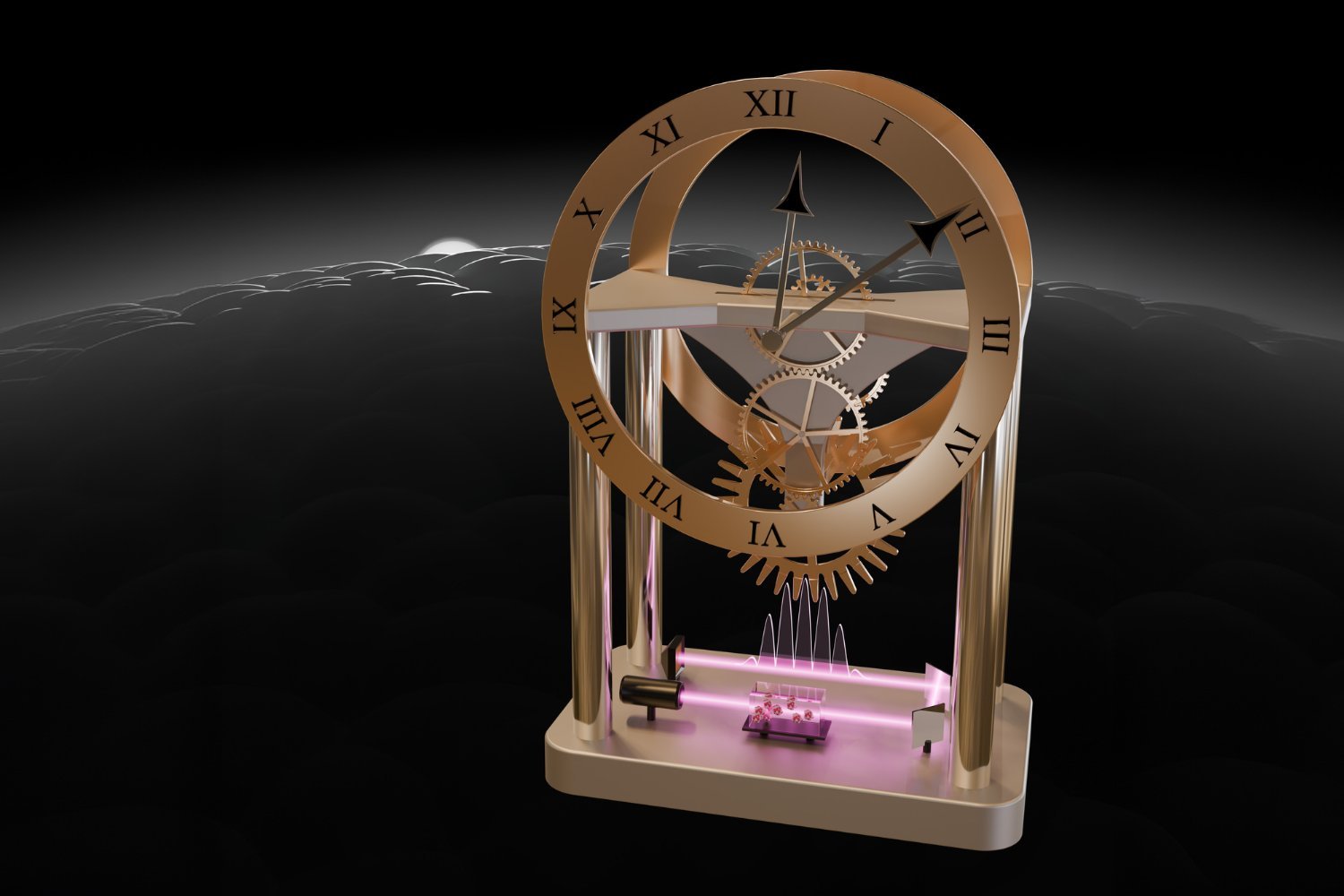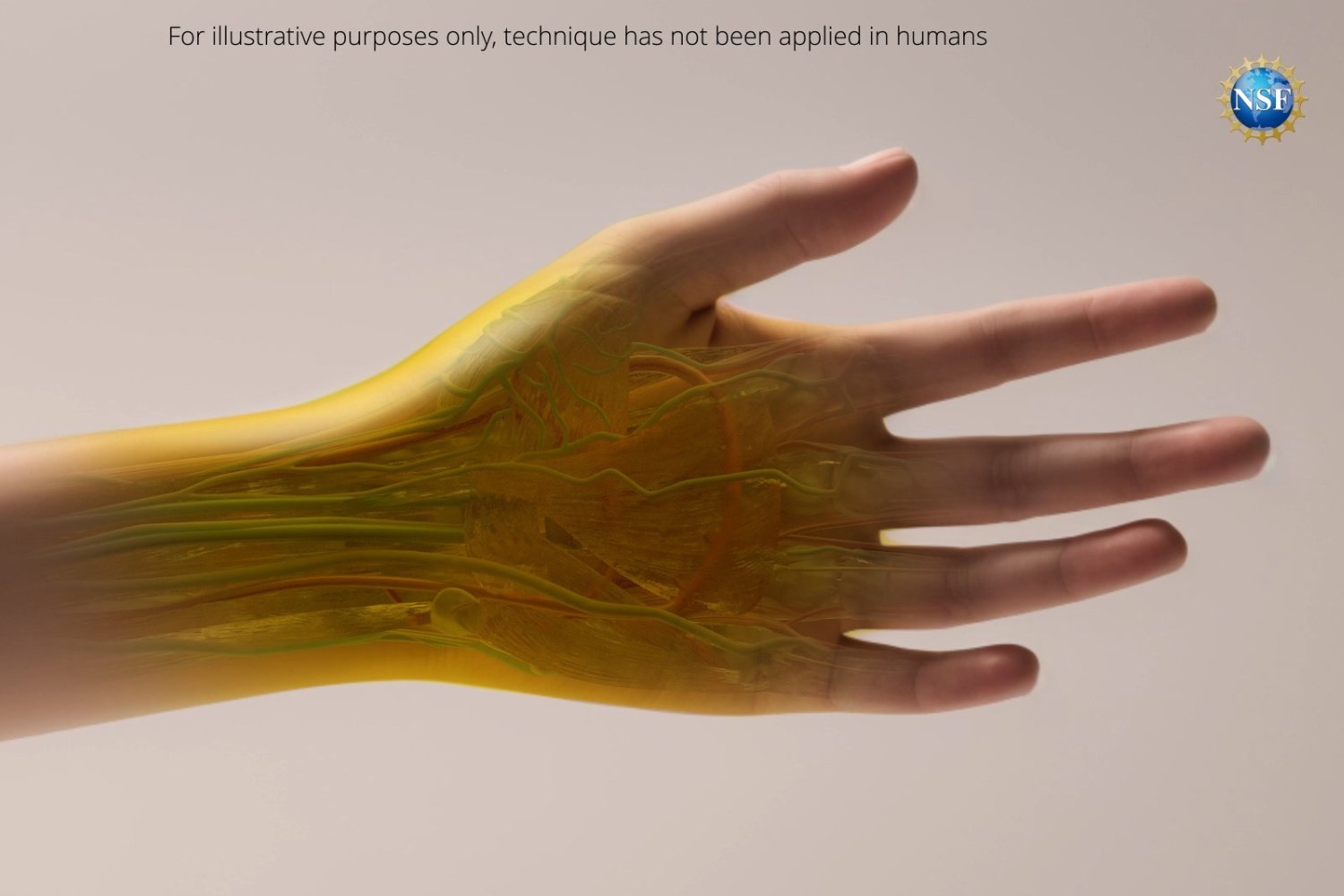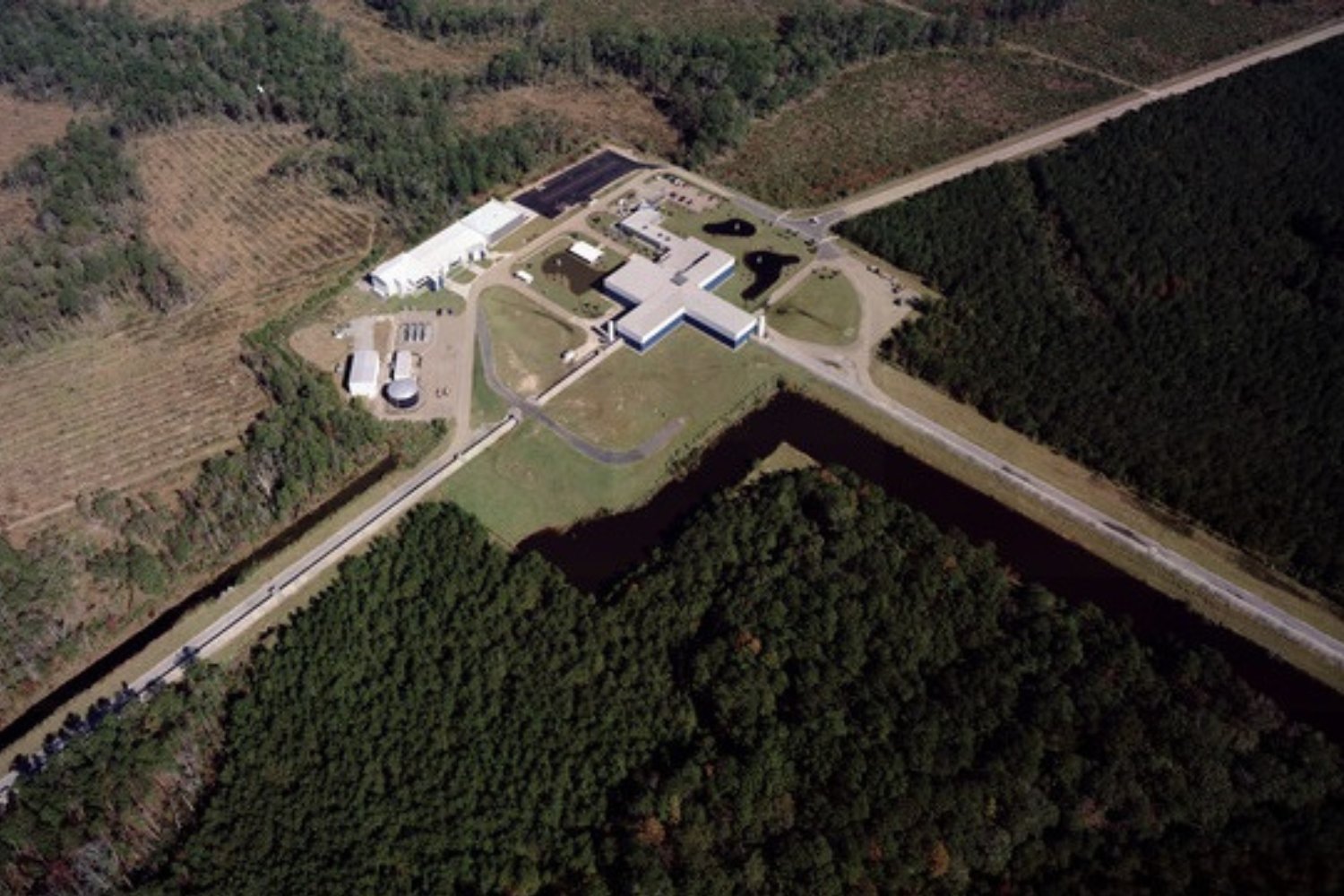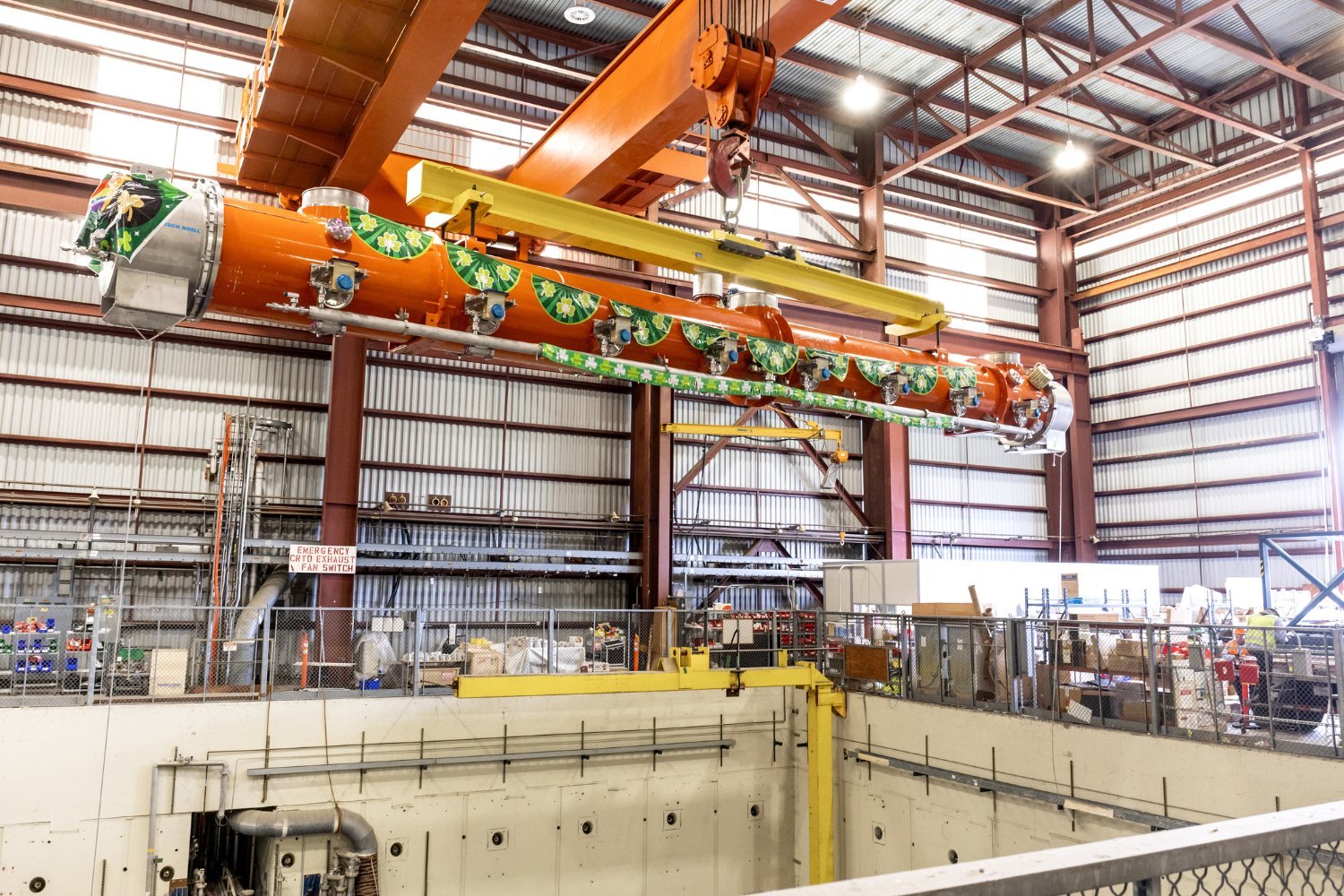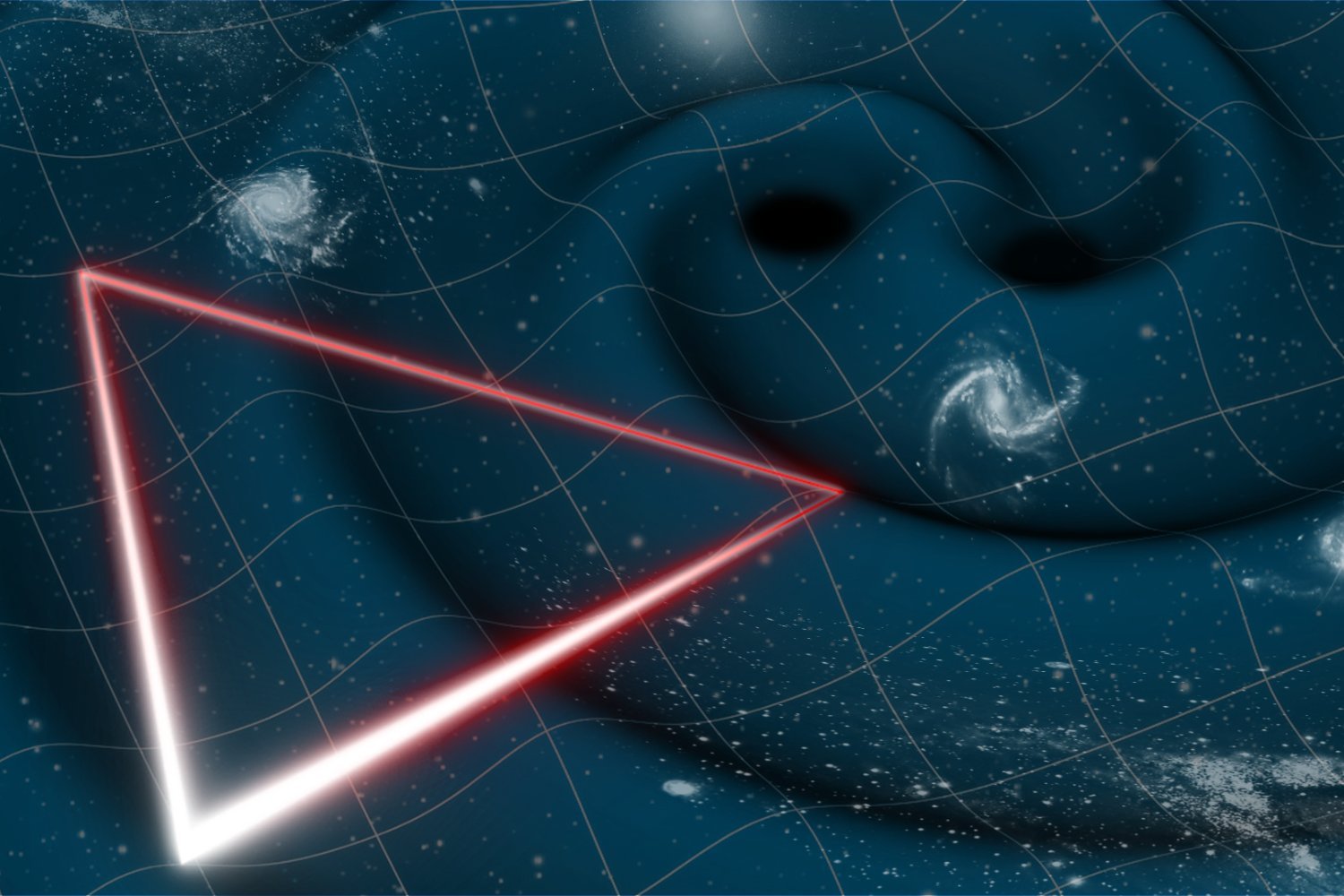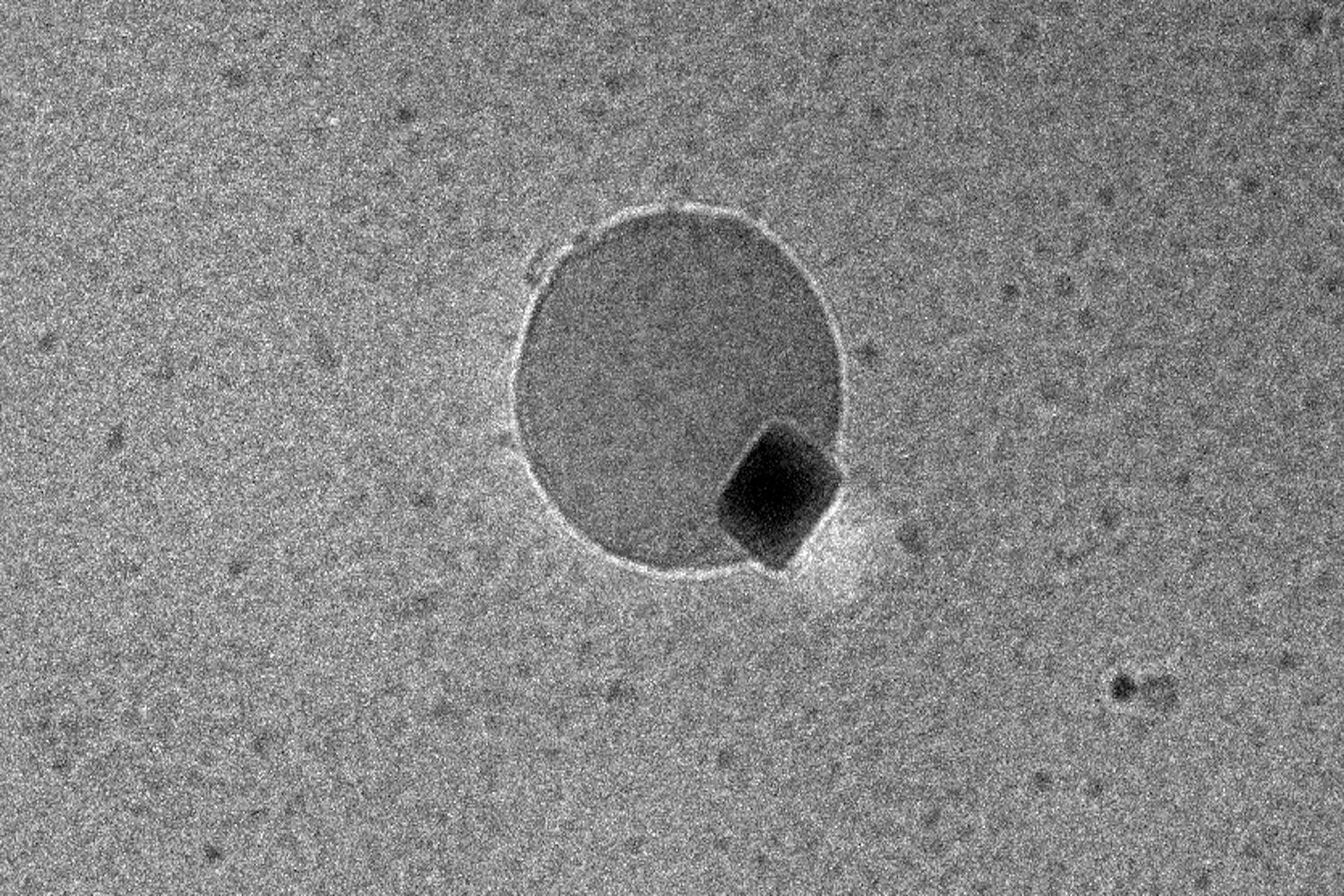The world of timekeeping may be on the cusp of a revolution. Researchers at JILA, a joint institute of the National Institute of Standards and Technology (NIST), have announced the development of a “nuclear” clock, a device that measures time using minute signals from the nucleus of a thorium atom. Their findings are published in Nature.
This groundbreaking technology promises unprecedented accuracy. “Imagine a wristwatch that wouldn’t lose a second even if you left it running for billions of years,” explains Jun Ye, a physicist at NIST and JILA. “While we’re not quite there yet, this research brings us closer to that level of precision.” The development builds upon existing atomic clock technology, pushing the boundaries of accuracy even further.
Atomic Clocks vs. Nuclear Clocks: A New Era of Precision
Atomic clocks, already renowned for their stability, are crucial for precise scientific measurements, such as tracking spacecraft. These clocks utilize laser light to induce energy level jumps in the electrons orbiting atoms, akin to the rhythmic swing of a pendulum. Nuclear clocks operate similarly, but they focus on energy transitions within the atom’s nucleus.
A key advantage of the nuclear clock lies in its reduced susceptibility to noise. Unlike electrons, which can be influenced by electromagnetic fields, the nucleus offers a more stable environment for timekeeping. Traditionally, inducing the necessary energy jumps in a nucleus requires specialized X-rays. However, the thorium-based clock utilizes ultraviolet light, simplifying the process considerably.
Thorium: The Key to Nuclear Timekeeping
The choice of thorium is critical. “With this first prototype, we have proven: Thorium can be used as a timekeeper for ultra-high-precision measurements,” states Thorsten Schumm, a physicist at TU Wien. “All that is left to do is technical development work, with no more major obstacles to be expected.”
While the current nuclear clock prototype isn’t more precise than the most advanced atomic clocks, Schumm anticipates surpassing them within a few years. He draws a parallel with the early days of automobiles: “The first cars weren’t any faster than carriages. It was all about introducing a new concept. And that’s exactly what we’ve now achieved with the nuclear clock.”
Pushing the Boundaries of Time Measurement
This development comes on the heels of another significant advancement in atomic clock technology. In July, a separate research team unveiled an atomic clock capable of maintaining accuracy to within a second over 30 billion years – a timeframe exceeding the current age of the universe.
The development of the thorium nuclear clock represents a significant stride in the pursuit of ultimate precision timekeeping. While still in its early stages, this technology holds immense potential for various scientific applications and further pushes the boundaries of our understanding of time itself.



